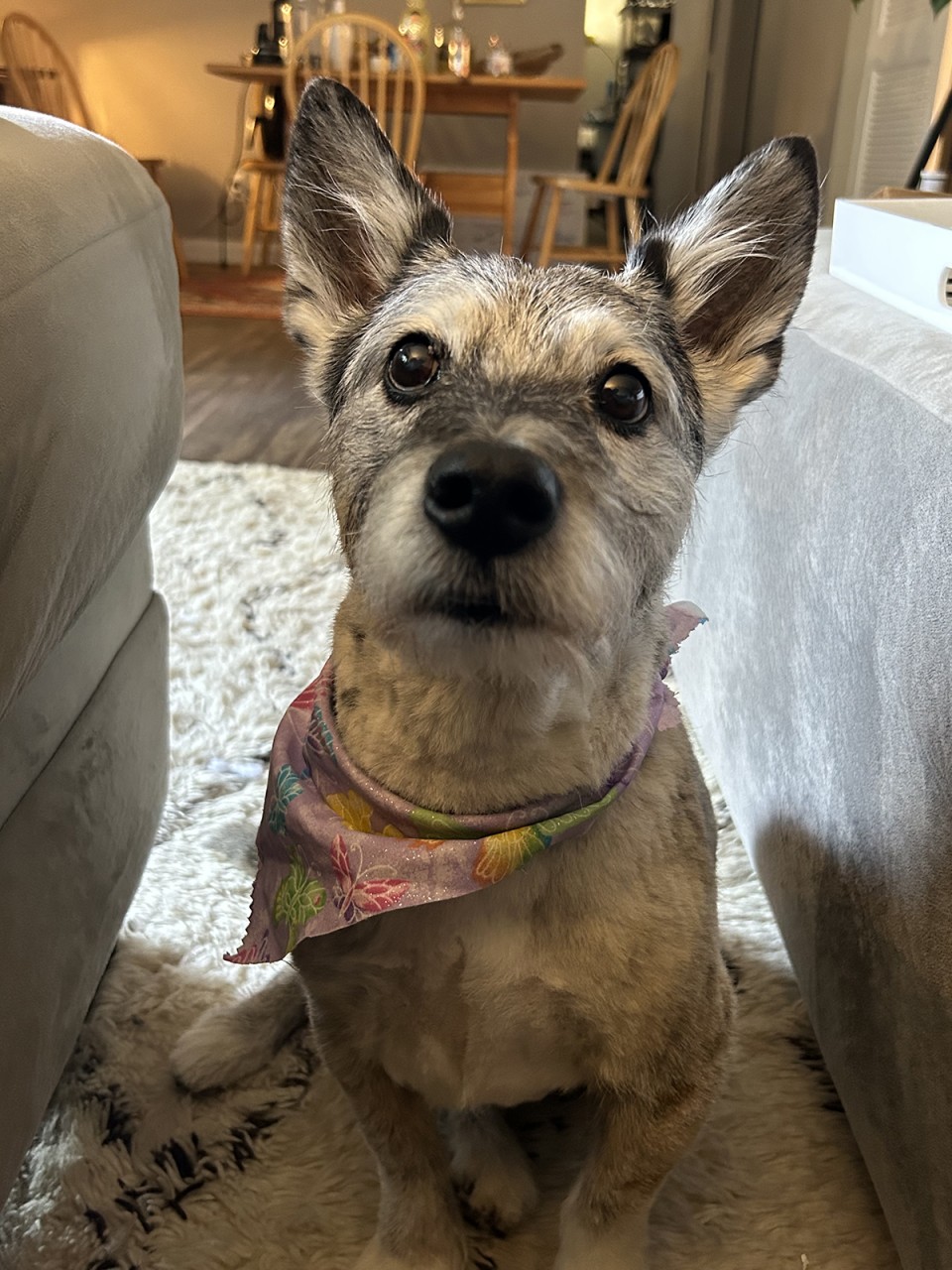If you think your pet has ingested a toxin please call the ASPCA Animal Poison Control Help Line at (888)426-4435.
Although your senior pet is no longer a mischievous puppy or kitten, they still investigate their environment with their nose and mouth and may encounter a pet toxin that is too tempting to pass up. Toxicity in your senior pet can be devastating, as they may not recover like younger ones. Knowing which household items can be dangerous for your pet is key to preventing a toxin emergency. The ASPCA Animal Poison Control Center (APCC) received more than 232,000 calls regarding pet toxicity in 2019 and reported the following toxins as some of the most frequent offenders.
1. Human prescription medications
2. Toxic foods
Many foods that are safe for people can cause significant toxicity in pets. Foods to keep away from your senior pet include:
- Garlic, onions, shallots, and chives
- Grapes, raisins, and currants
- Xylitol, an artificial sweetener
- Macadamia nuts
- Uncooked yeast dough
- Alcoholic or caffeinated drinks
3. Chocolate
4. Veterinary products
5. Household products
6. Rodenticides
Rat, mouse, and gopher baits are designed to kill rodents and can be lethal to pets. Rodenticides are grouped according to their active ingredient, which includes:
- Anticoagulants, which interfere with blood clotting and cause internal bleeding
- Vitamin D3, which causes acute kidney failure
- Bromethalin, which causes acute brain swelling
- Zinc phosphide, which produces toxic phosphine gas after ingestion
Your senior pet can become poisoned by eating bait left out for rodents or by eating a rodent that has consumed the bait.
7. Toxic plants
8. Insecticides
Ant baits, insect sprays, and other insecticides can affect your senior pet. Formaldehyde-containing snails and slug baits are particularly concerning, which can cause severe toxicity. Store these chemicals safely out of paws' reach, and never place insect baits where your senior pet can find them.
9. Garden products
Some garden fertilizers are made from bone or blood meal, which are particularly tempting to pets. These products typically come in powdered or granular form, and their smell may cause your senior pet to eat a large amount from the container or the ground. Although organic fertilizers are not extremely toxic, they can clump in your pet's stomach and cause a blockage.


